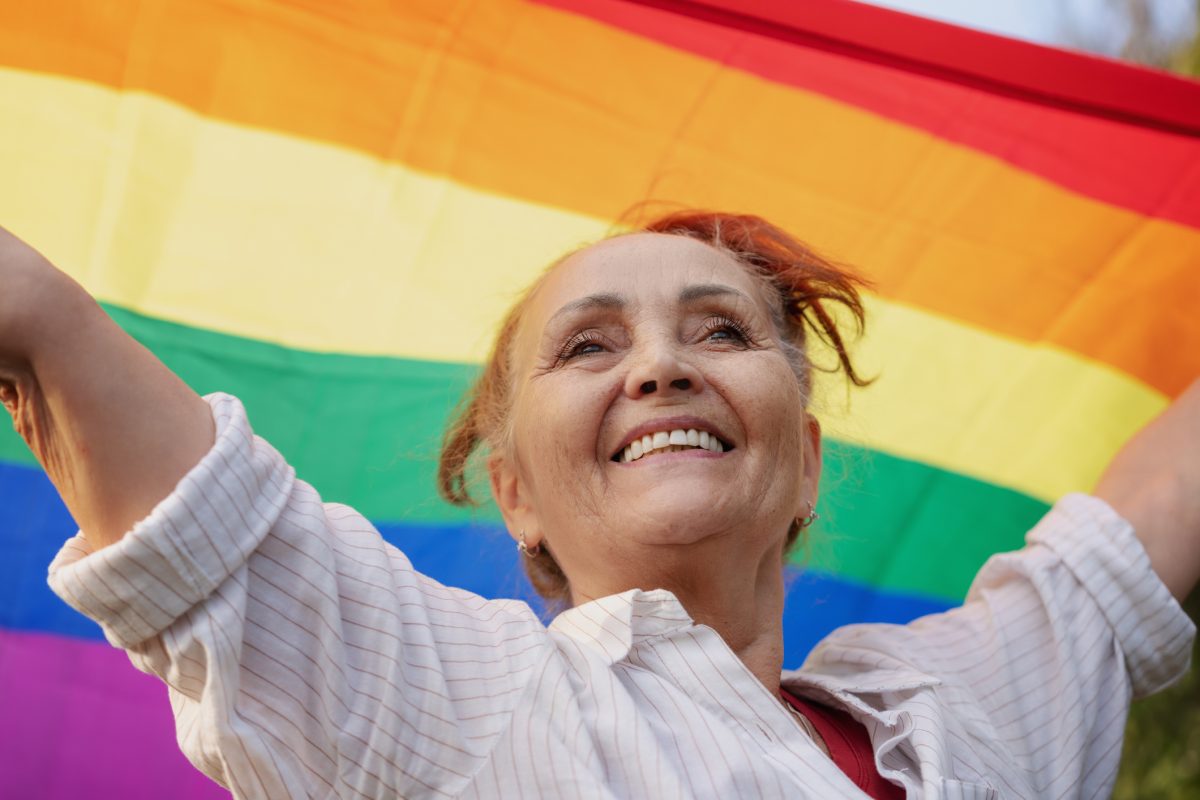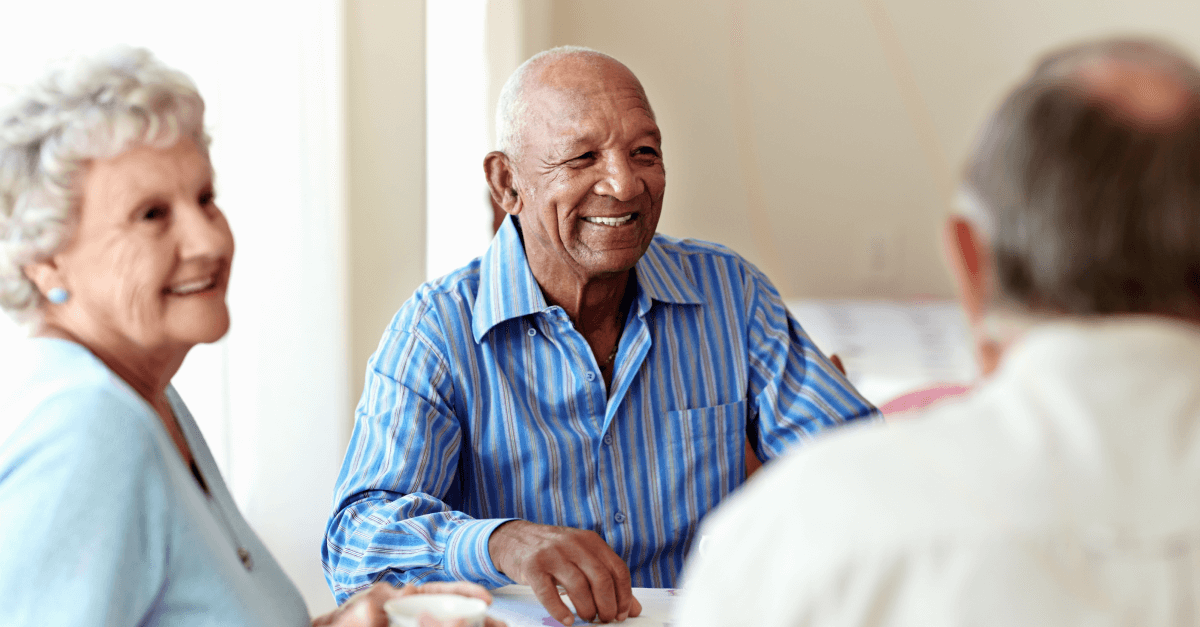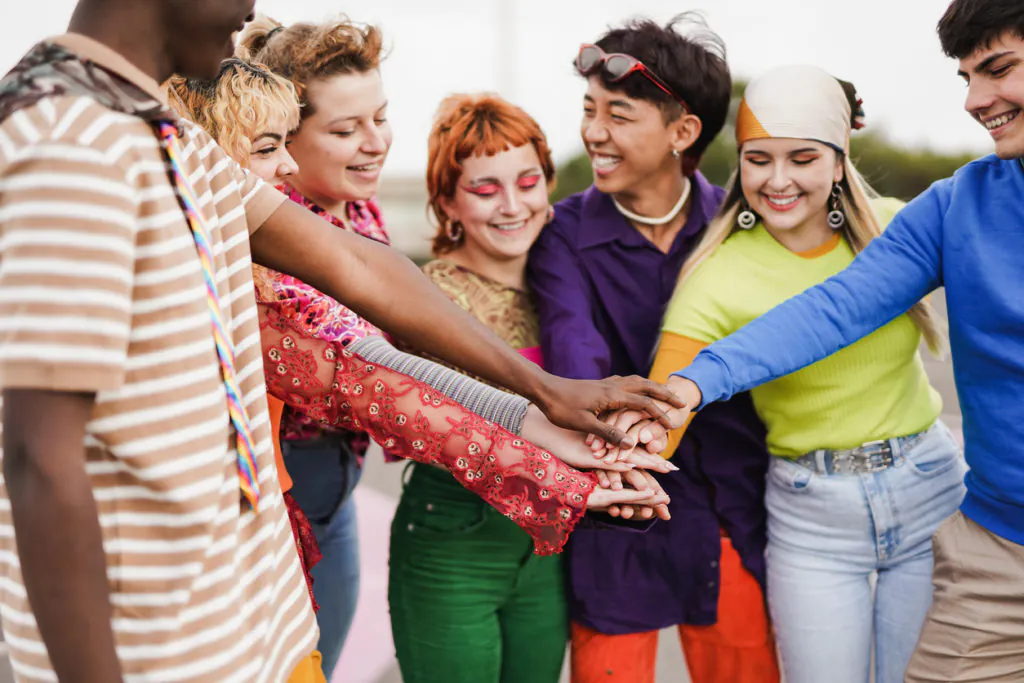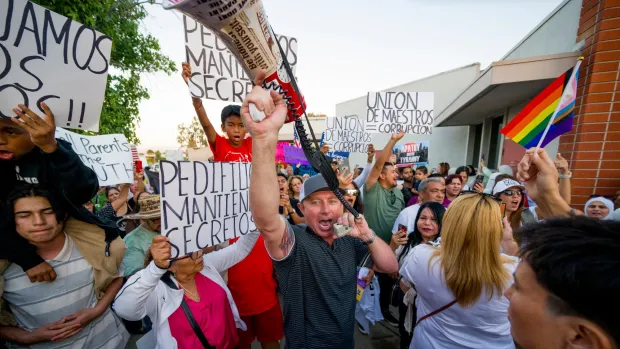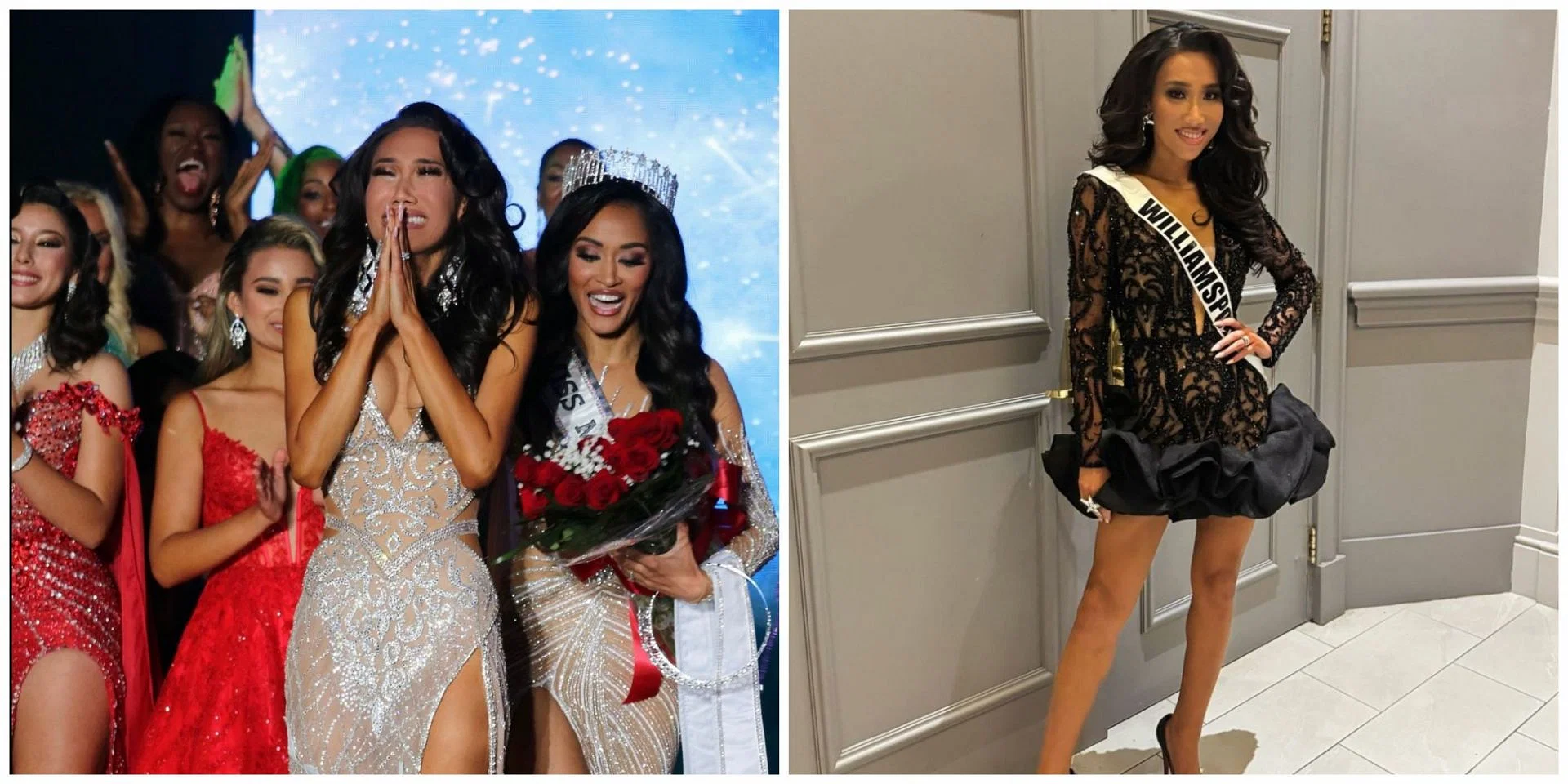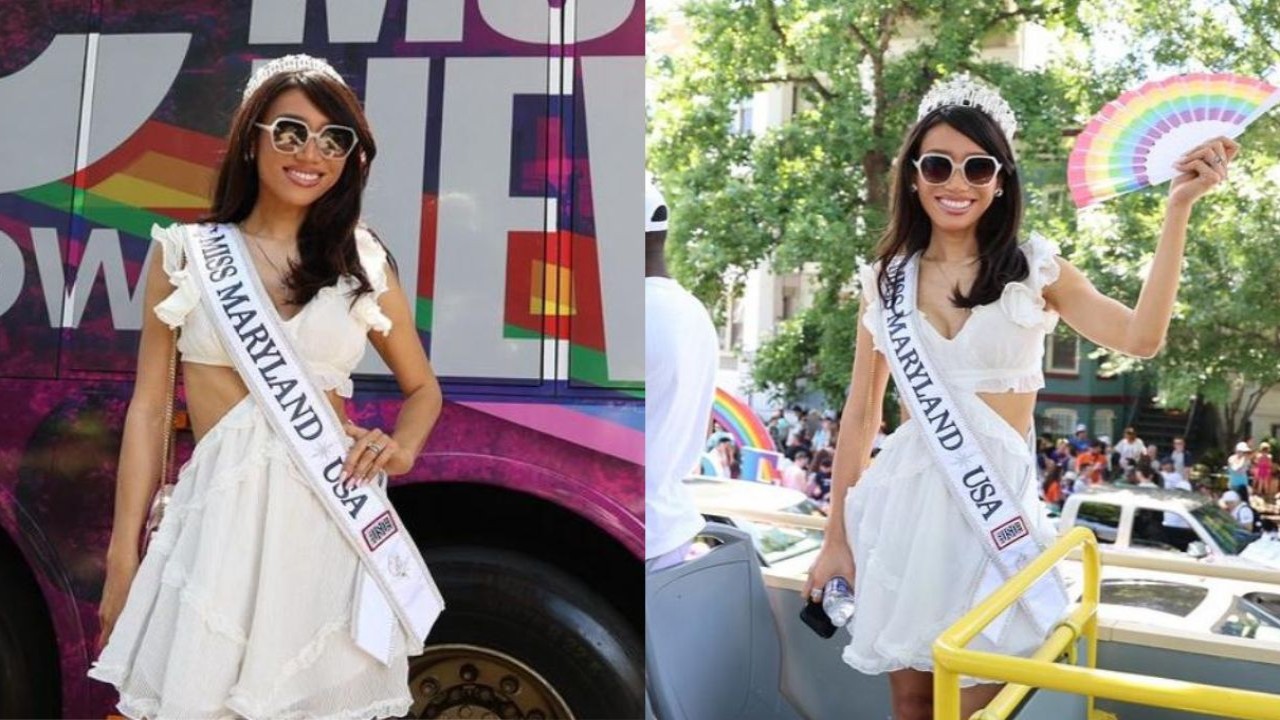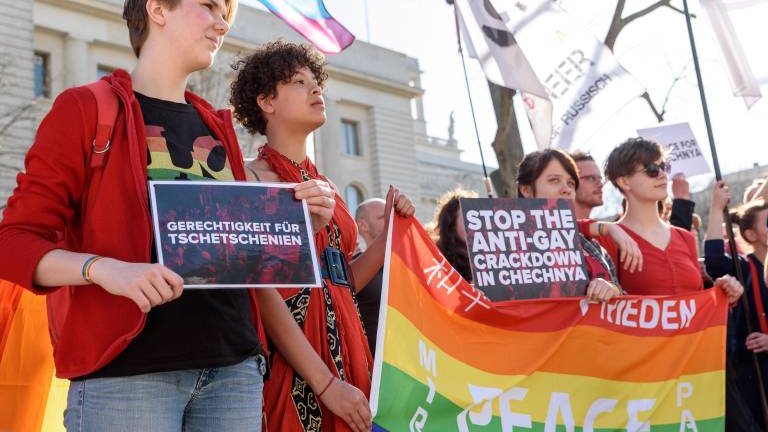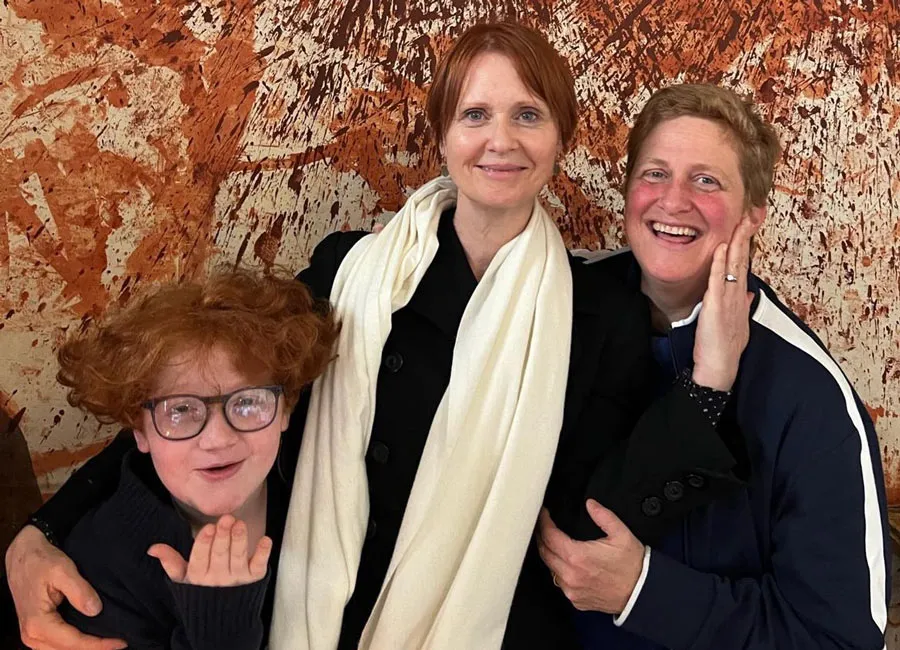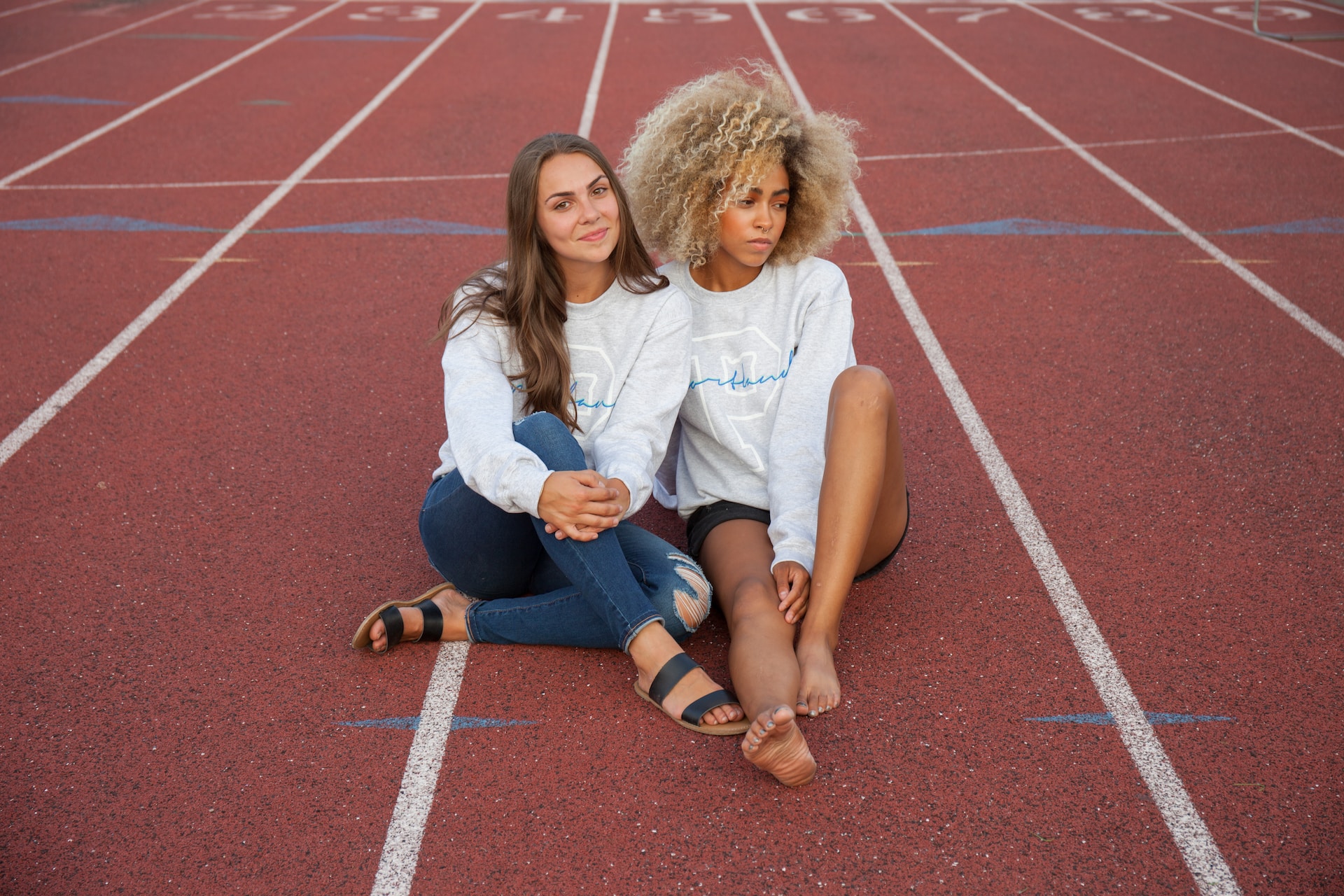LGBTQ+ Rights Campaign in Sports: New Breath and Renewed Goals
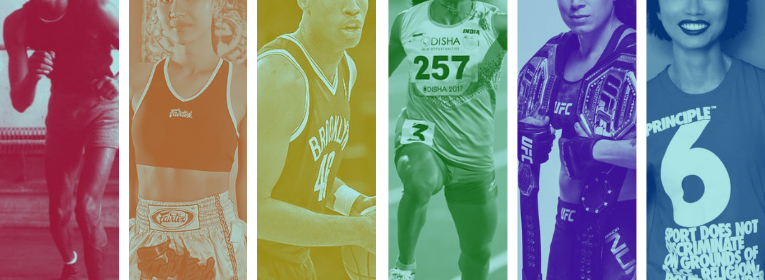
The LGBTQ+ Rights in Sport campaign is once again at the forefront, bringing awareness to important issues of inclusion and equality. After years of fighting for recognition and support, activists have updated their goals to create a safer and more supportive environment for all athletes, regardless of their sexual orientation or gender identity. Amidst growing discussions around human rights and social justice, the campaign aims to not only increase the visibility of LGBTQ+ athletes, but also to address the biases that exist within sports communities. Through new initiatives and partnerships, the campaign aims to advance inclusive practices, ensuring that everyone can feel accepted and respected in the sporting arena.
Rainbow laces and wristbands: How Guernsey supports LGBTQ+ athletes
The campaign to support LGBTQ+ people in sport and combat discrimination is back in Guernsey. With the Pride in Sport initiative, participants are offered rainbow cords and wristbands to symbolise support and solidarity with the LGBTQ+ community. This wonderful campaign allows everyone to express their position and contribute to creating a more inclusive sporting environment. An important step in the implementation of this campaign was the partnership between the charity Liberate and the accounting firm EY, which allowed these accessories to be given away completely free of charge. This approach not only highlights the need to support LGBTQ+ athletes, but also helps to create a culture of acceptance and respect within the sporting community of Guernsey.

The report found that LGBTQ+ people face a lack of inclusion, which often becomes a barrier to their involvement in sport. Liberate CEO Ellie Jones said: “When we look at the statistics, we see that significant numbers of LGBTQ+ young people are leaving sport.” She stressed that sport should be accessible to everyone, and no one should feel excluded or discouraged from participating because of their identity or fear of being discriminated against.
EY partner Max Ellis said: “People only perform at their best when they can be themselves and feel safe.” Nikki Will, communications director at the Sports Commission, said she wants all sports teams to actively communicate the message that “sport is inclusive.” Rainbow lanyards and wristbands will be available for LGBTQ+ members to show their support.
Global Actions: How the World Supports LGBTQ+ Athletes
In support of LGBTQ+ athletes, events and initiatives are regularly held around the world to raise awareness of the rights of community representatives in sports and combat discrimination.
In the UK, one of the most well-known campaigns is the Rainbow Laces campaign, launched by Stonewall. This initiative encourages athletes, fans and sports clubs to wear rainbow laces in solidarity with the LGBTQ+ community. The campaign has been widely adopted by Premier League football teams and other sports associations. Every year, the campaign calls for support for inclusivity in sport and the fight against homophobia and transphobia in sports arenas.
In Australia, several sporting leagues and federations, including the National Rugby League (NRL) and the Australian Football League (AFL), organise special events and days dedicated to supporting LGBTQ+ athletes. The NRL holds an annual Pride Tournament, where teams wear special rainbow kits to symbolise solidarity with LGBTQ+ players and fans.
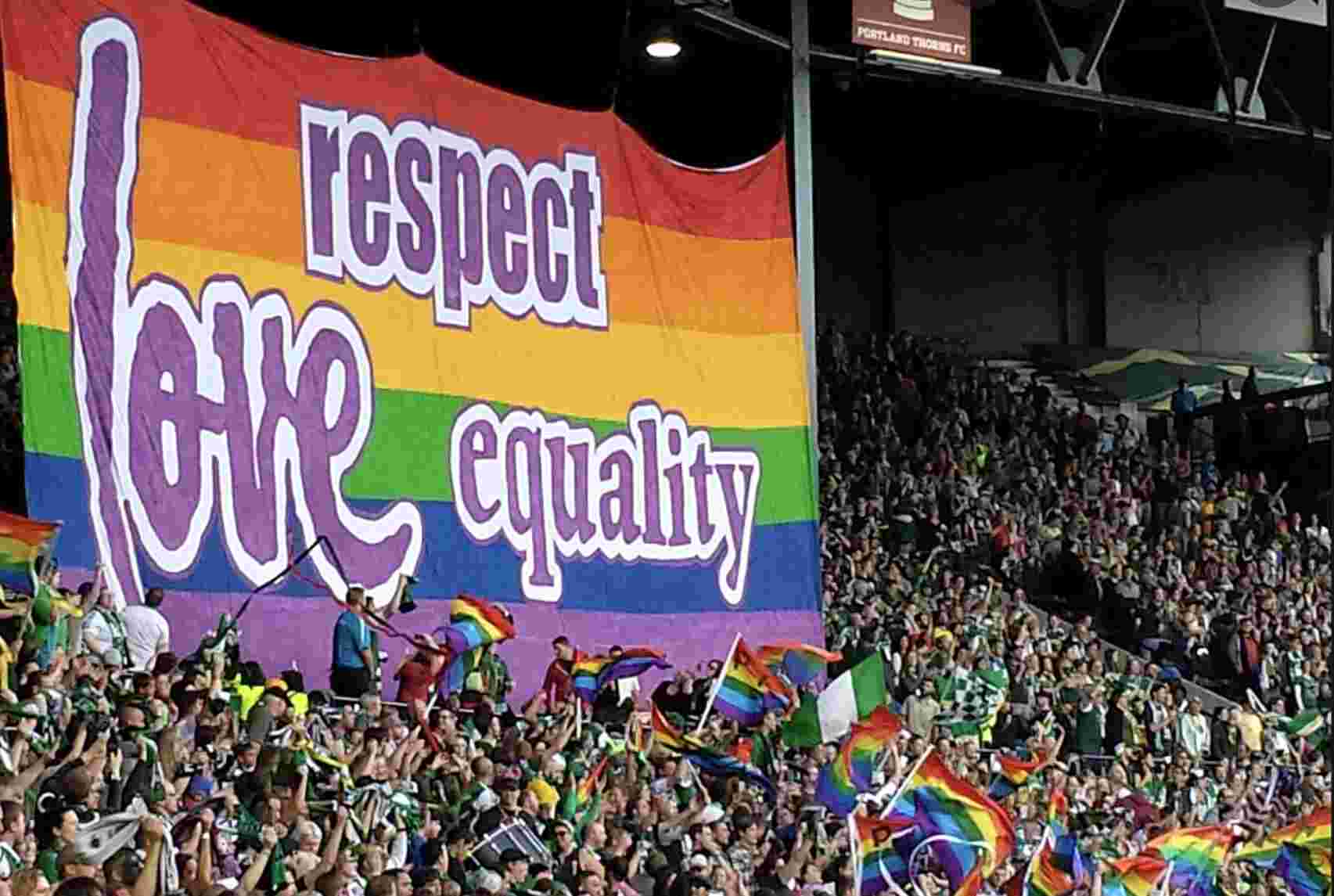
In the United States, campaigns aimed at supporting LGBTQ+ athletes are popular, both at the professional and amateur levels. Many sports clubs in the National Hockey League (NHL) and the National Basketball Association (NBA) hold Pride Days, during which players and fans can wear rainbow symbols. There is also an annual campaign called “You Can Play,” aimed at combating discrimination in sports and promoting the idea that anyone can play, regardless of their sexual orientation or gender identity.
In Germany and the Netherlands, events are being held to raise awareness of the rights of LGBTQ+ athletes and support inclusivity in sports clubs. During such events, training sessions are held on the importance of tolerance in sports.
These actions play an important role in creating a more inclusive sports environment.


